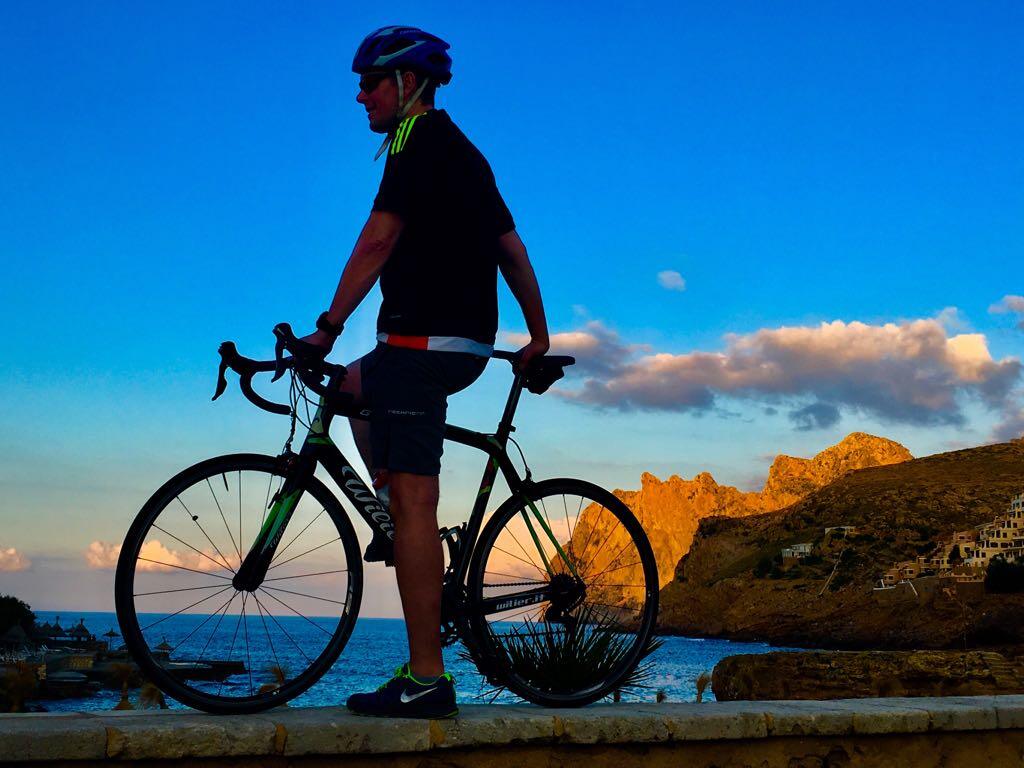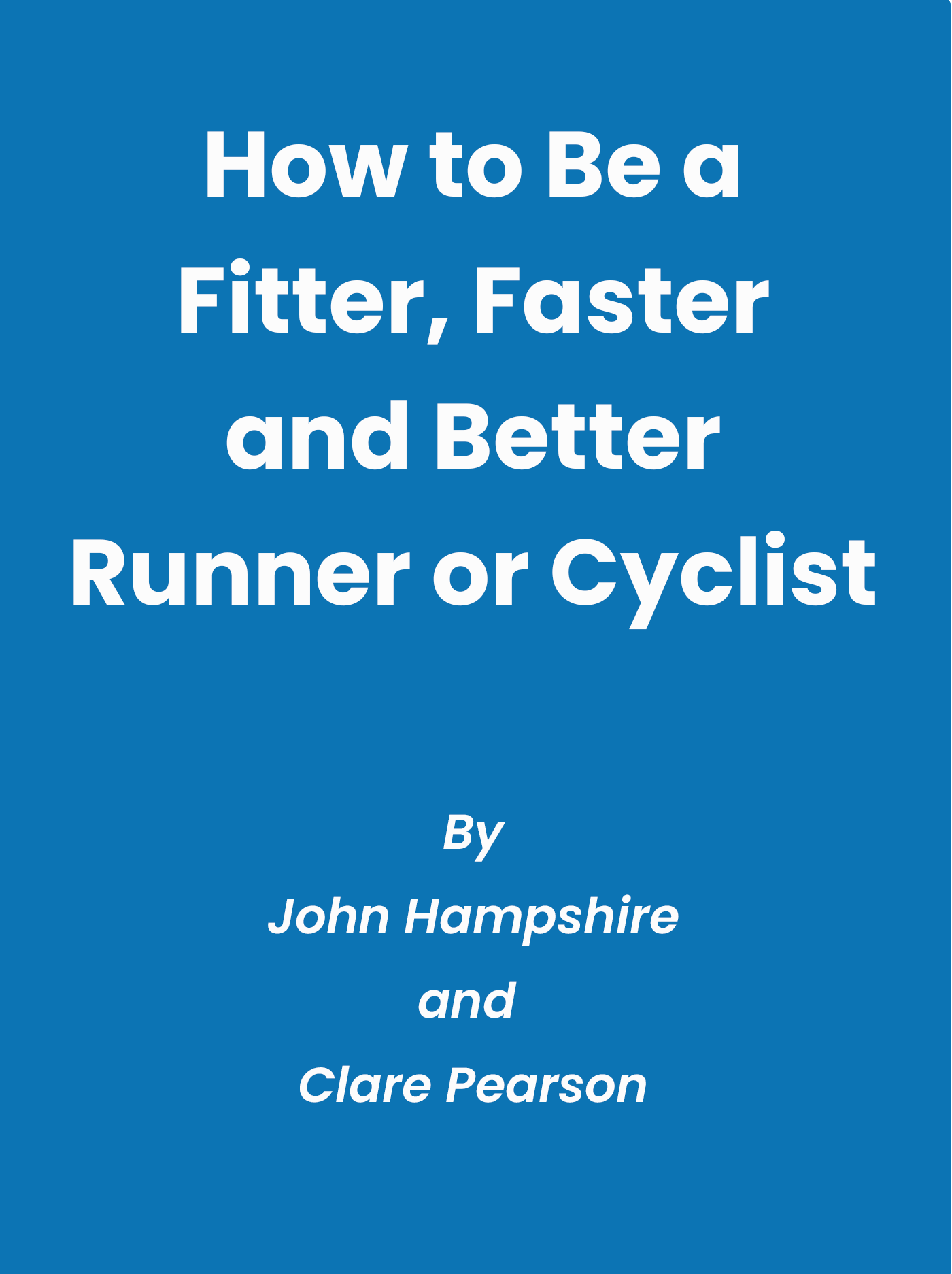How to Manage Sleep Deprivation on Ultra Endurance Cycling and Running Events

When you are doing ultra endurance events of over 24 hours then the question of sleep and/or lack of it is key to your game plan. Here are some things we have learnt over our years working with ultra endurance cyclists and runners to help you develop your sleep strategy for your next event.
What are the side effects of sleep deprivation?
- Reaction times slow
- We become more emotional
- Cognitive function (rational thinking and decision making) decreases
- Motor function decreases (you get clumsy).
- Athletic performance decreases
- Rate Perceived Exertion increases (the same work feels harder)
- We feel more hungry
- Glycogen storage depletes
- Immune system is compromised
- We hallucinate
To sleep or not to sleep?
Research is a bit thin on the ground but the data we have shows that whilst there is a clear reduction in athletic performance athletes who slept less in longer ultra events had faster finishing times. This is despite the decrease in performance and the increase in the perceived exertion that sleep deprivation incurs.
Strategies to deal with/offset the effects of sleep deprivation.
A healthy, clean sleep routine
A generally healthy sleep routine not only promotes physical and mental well-being but means that you are coming into the event in the best state possible. You can check out my article on sleep to find out more about what this might look like.
Sleep banking
Getting extra sleep in the days leading up to an event seems to be the most popular strategy amongst athletes and has been shown to have a positive effect on performance in ultra endurance events.
Going to bed a bit earlier in the days before your event, or having an afternoon nap could both be good ways of banking some sleep before the big day.
Caffein
Many athletes like to use caffein in the latter stages of a long event. It works as an adenosine blocker so it 'tricks' your brain into thinking you have been awake for less time than you have.
When the effect wears off you experience a crash and can feel worse.
Its effects can vary with genetic make up so it's worth trying it in your practice events/longer training sessions before using it on your main event.
Prioritise Safety
For any event, no outcome goal can be worth compromising the safety and well-being or yourself or others. If you think you are going to be a danger to yourself or others you should always stop and have a sleep.
Develop a Sleep Plan
Using your own past experience and sleep knowledge can help you identify how much sleep you think you will need to be safe and complete your event optimally.
With this knowledge you can develop a sleep plan which can be included in your event game plan. You will need to decide whether you want to sleep in set places (provided by the event or found by you) or whether you want to sleep to a time schedule; both are fine, it just depends what works best for you. This might also depend on where your event is (some places simply are not safe to bivvy).
It's always worth making the plan flexible so that you can change it if you need to (e.g. if you have to wait for the bike repair shop to open you might as well have a sleep).
A good plan with some 'what if' scenarios will help you manage when your cognitive functioning is reduced by sleep deprivation. Having someone to phone in these situations who is experienced enough and knows you well enough to offer decent advice can be a good catch all.
Avoid
The use of other illegal drugs can cause long-term psychological problems and is never advisable.
Practising sleep deprivation before your event does not seem to decrease the negative effects during an event and is generally thought to be unhealthy.
This workshop was developed from a workshop we did for our EBR Club Members. To access these workshops and much more you can join the EBR club here.
Subscribe to our blog
Please share with your friends
Other articles you might like
June 11, 2024

Comments